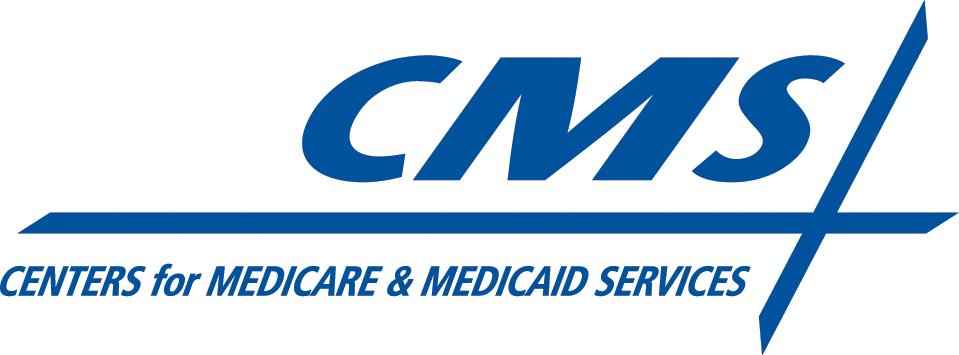The Accountable Care Organization is really an accounting mechanism and may have little to do with quality of care, or improving outcomes. Commonly called, “ACO” in health care circles it holds a high place in current opinion and controversy revolving around health reform.
Added to the mix are claims that HIT is an essential component of ACO. Health IT is essential not only to accountable care organizations (ACO) but also healthcare in general, said HIT advocate Kathleen Sebelius, MPA, Secretary of the U.S. Department of Health & Human Services (pictured), at today's Second National Accountable Care Organization Summit in Washington, D.C.
Reactions from organizations and providers have ranged from lukewarm ambivalence to visceral outrage from some of the leading health systems and professional physician associations. CMS is currently reviewing 1,200 comments after it issued the draft rules in March and is expected to take the comments into consideration before issuing a final rule.
Some health systems reacted with letters to HHS with suggestions based upon their own plans and projections for developing integrated health systems. In reviewing many of these projects it becomes apparent that the ACO moniker applies to many forms of integrated health systems. Some have been in development for five or more years.
12 ACO Developments Between Hospitals, Payors and Health Systems
At the same time, some health systems have implemented ACOs of their own design without HHS mandates or guidelines. Some are in different stages of planning and implementation.
The process is gradual and some have utilized their early iteration of integration as a base for further progress for their organizations. That is as it should be. For HHS, CMS or any governmental organization to mandate how this will be done is foolish and probably very wasteful.

One of the barriers to ACOs, organizations and providers have criticized, are the associated start-up costs of implementing such an overhaul of the system for Medicare payments away from fee-for-volume In addition, ACOs present legal challenges in which antitrust laws may prevent market dominance that could be an indirect result of organizational and provider collaboration. In addition, there are challenges in patient notification of ACO participation.
Several large prominent Health Systems, such as the Mayo Clinic, Cleveland Clinic, Geisinger Health System, and Intermountain Health Care have either indicated they will not participate in ACOs or have blasted CMS. Numerous physician groups, the AMA, AMGA, AAFP, and ACP call into question the ability to form ACOs without massive disruption of health care.
The Center for Medicare and Medicaid Services (CMS) has released it's draft rule, 42 CFR Part 425, a proposed ruling in the Fedral Register, Vol 76, No 67/April 7, 2011), not quite as long as the Patient Affordable Care Act (1200 pages) however 127 pages
The current iteration of ACO by HHS is by no means final. Secretary Sibelius acknowledged that the proposed draft was just that, a proposal. CMS is currently reviewing 1,200 comments after it issued the draft rules in March and is expected to take the comments into consideration before issuing a final rule.


